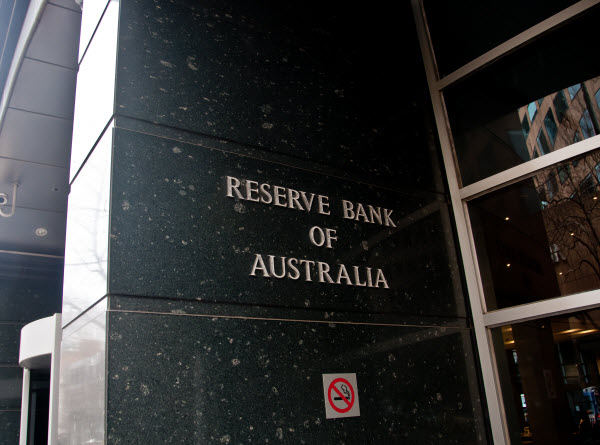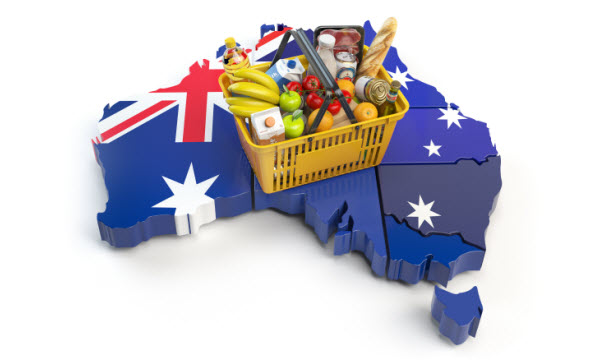
In any economy, inflation rates increase when there is a surplus of economic activity. This surplus leads to an increased demand for products and services which tends to overwhelm supply chains. This pressure inadvertently leads to an increase in price. To curb the rise in inflation, The Reserve Bank of Australia (RBA) and other central banks increase the interest rate to slow consumer spending. In contrast, when consumer spending is low, the policy response from the RBA and other central banks is to decrease interest rates to help stimulate the economy by encouraging spending activity. Here we unpack some factors that will be affected by the increased interest rate vs inflation and offer tips on how to manage the balance.

What is the CPI?
According to the Australian Bureau of Statistics (ABS), the CPI or consumer price index measures the average price change paid by households for a fixed basket of goods or services. In June 2022, the year-on-year CPI increased to 6.1%. Some of the most significant, although unsurprising, increases have come from food and non-alcoholic beverages, housing, furniture and transport.
These sectors have been further affected by other circumstances such as the Ukraine war and the supply of wheat and oil; China’s zero-COVID policy which means factories are shut down at a moment’s notice; and the weather anomalies which have plagued the agricultural sectors along the eastern seaboard.
The Reserve Bank of Australia monitors inflation by watching the performance of the consumer price index.

How does the CPI affect me?
Although your grocery basket may still include the same items, some industries have been more affected than others, which will reflect in the price you pay for those goods. Numerous supply chain factors influence the price of a product, such as fuel prices or unfavourable weather that wipes out an entire crop.
Take the prices we have recently needed to pay for spinach, broccoli and iceberg lettuce as an example – all of which have increased by more than double in the past six months. Even iconic fast food chain KFC has replaced lettuce with cabbage on their burgers to maintain margin (which has left a rather, uh, sauer taste in their customers’ mouths).
An increase in CPI is when the RBA steps in and increases interest rates.
Future-proof tips to help balance increasing interest rates
Here are some tips to help you balance the current interest rate increases with inflation over the coming months.

Split your budget
Split your monthly budget in two: essential and non-essential. The essential column should include mortgage or rent payments, power, gas etc. Non-essential costs should consist of eating out, gym or beauty appointments. Prioritise these budget allowances based on what is most important to you or your family. It may simply mean reducing the frequency instead of removing the non-essential budget item altogether.

Your personal CPI assessment
AKA, basket check. Now may be a good time to assess your usual basket items and consider switching brands or trying new alternatives. Get creative with your cooking and research local green grocers as they often sell fresh produce significantly cheaper than the larger supermarket chains. It may also be an option to delay purchasing those big-ticket items such as new appliances, vehicle upgrades or decor makeovers.

Restructure your debt
Have debt and need help with debt management? You’re not alone. Australians owe more than $45 million in credit card debt alone. Consider switching to lower interest rate credit cards or research which banks offer the best savings interest rates. Speak to our financial planners about whether consolidating your debt is an option for you.

Check your mortgage rates
Are you on a fixed or variable mortgage rate and know the difference between the two? If your mortgage is on a variable rate, are there insurance options to cover your shortfall when interest rates skyrocket? Check how the banks are responding to the interest rate hikes too – you may be pleasantly surprised. Speak to us about how we can help you understand your mortgage rates and how to best tackle repayments when interest rates surge.

Stay consistent with your investments
Periods of balancing inflation and interest rates can be stressful but should not cause panic. Diversification in your balanced investment portfolio has the potential to outperform periods of increased volatility and will continue to improve wealth over longer periods. Keep an eye on those investment portfolios and speak to us about strategies to consider during periods of financial pressure.
To learn more, speak to one of our financial planning experts.
